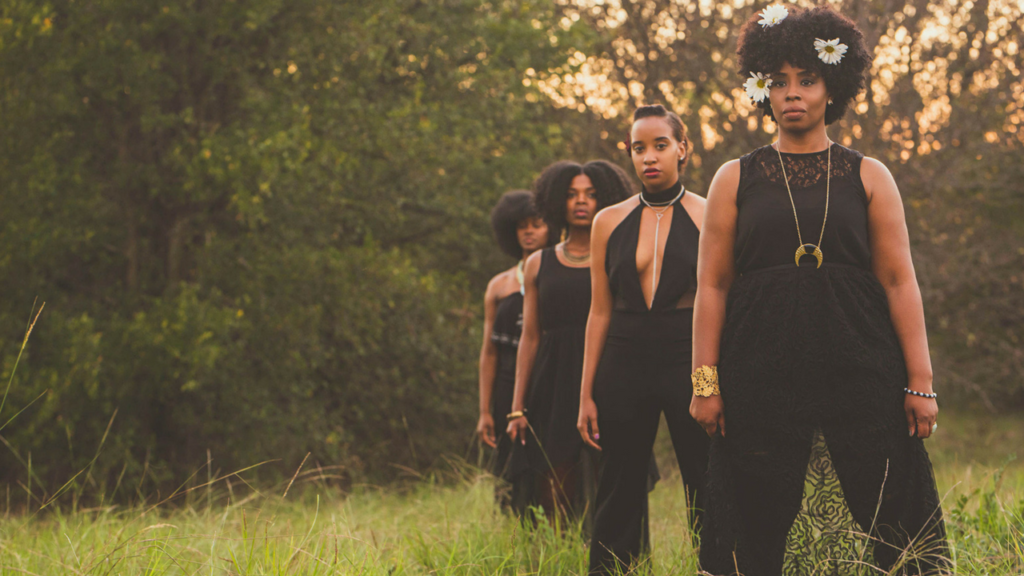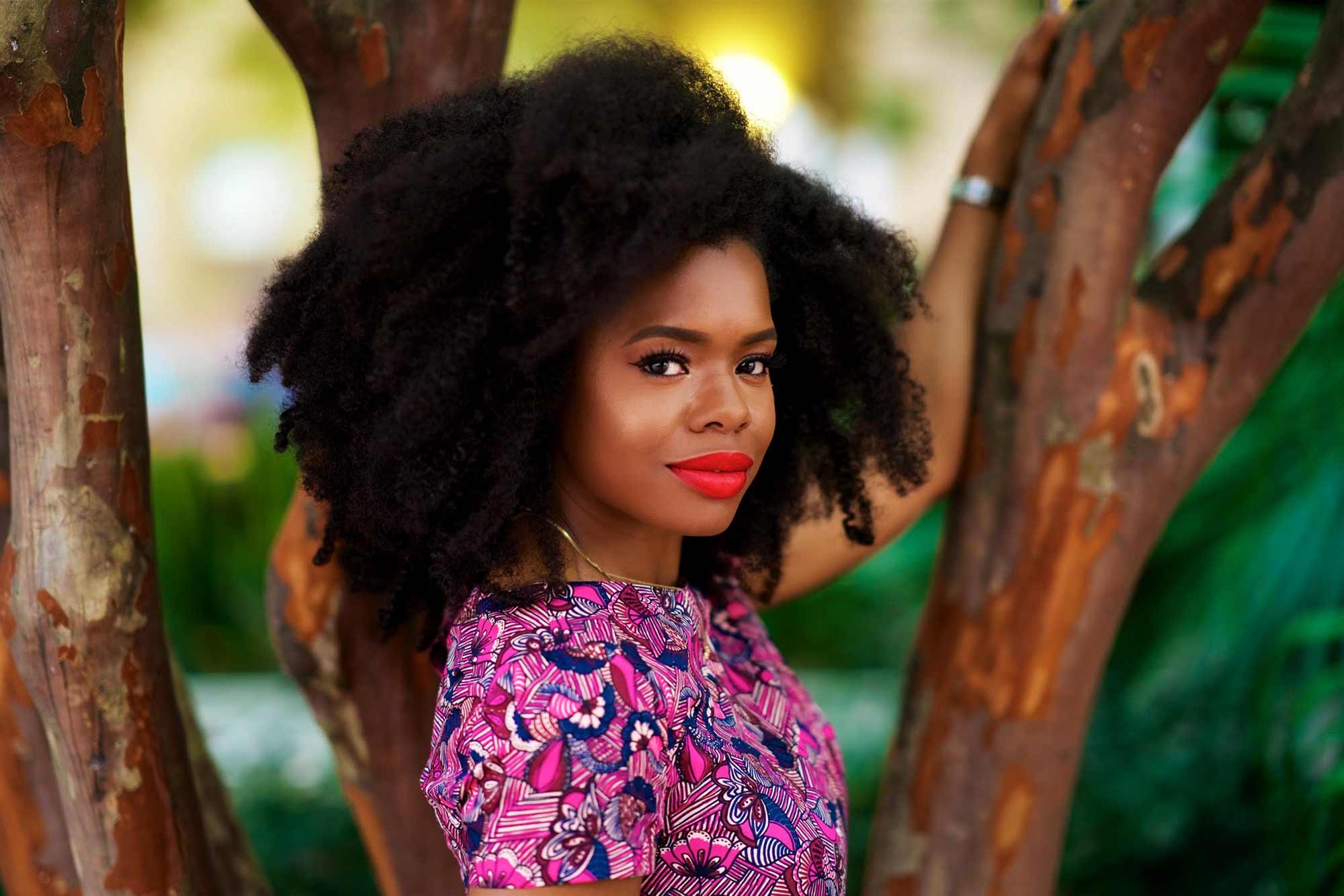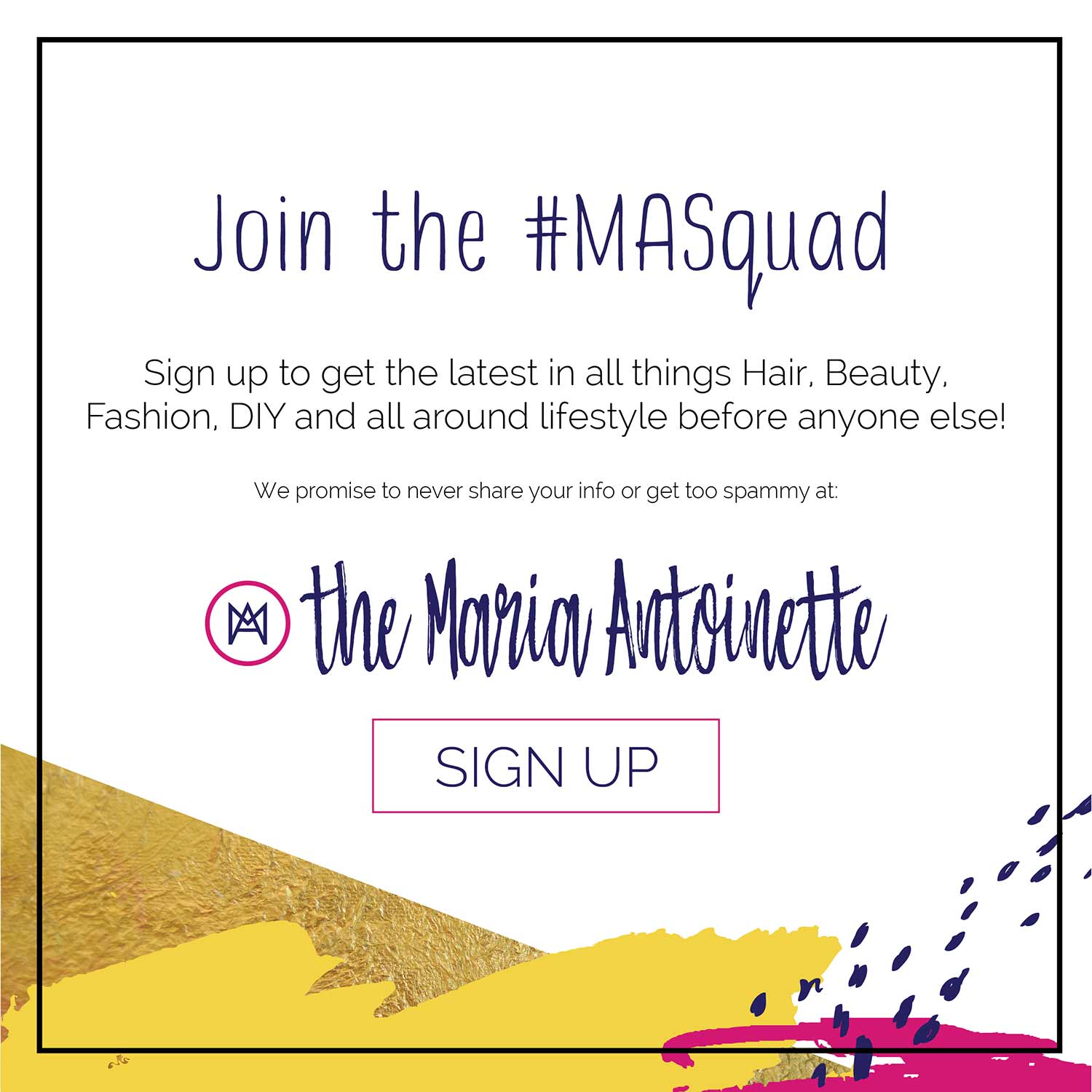Have you ever been engaged in a group conversation and discover that out of all those gathered, you and one other person share something in common? Perhaps a memory, an opinion, even just a smile as you find each other within the group? Remember how amazing that felt? I think, in a nutshell, that incredible feeling of commonality and acceptance exemplifies the power of the #MeToo movement.
By now, you’ve heard of this watershed movement; as the outrage from the Harvey Weinstein sexual abuse allegations scandal grew, the hashtag became a way for individuals, primarily women, to express their shared experiences with sexual harassment and assault. At first, the abundance of seemingly endless #MeToo stories was difficult to bear. It was heart wrenching and infuriating to see that so many women had been victimized, largely by those in power. After a while, however, I started to view things with a different perspective. As the stories grew, it was absolutely empowering to see that a community was being born. A community filled with empathy and courage. And, really, that was the point.
Tarana Burke, the creator of “Me Too” movement, understood that empathy was key in fostering healing and empowerment. She stated, “Survivors who have found healing, or community, or empowerment in these two words should revel in that fact. #MeToo.” (Read more about Ms. Burke here.)
It’s beyond a hashtag. It’s the start of a larger conversation and a movement for radical community healing. Join us. #metoo
— Tarana (@TaranaBurke) October 15, 2017
Why is empathy so important? What is empathy? It differs from sympathy. Whereas being sympathetic to a person’s plight implies feeling sad for them about what they’re going through, empathy literally means putting yourself in someone’s shoes and actually feeling their pain. Not an easy thing to do. And yet in the context of the #MeToo movement, this is what is happening, and that’s why empathy is important. The overflow of commonality is allowing individuals to share each other’s emotions–and to want to lift each other up in empowerment. Even if a person can’t specifically relate to the pain and horror of abuse, to even recognize that healing is taking place is a pretty incredible feeling. You simply want the best for others.
It made my heart swell to see women using this idea – one that we call ‘empowerment through empathy’ #metoo
— Tarana (@TaranaBurke) October 15, 2017
Related to the #MeToo movement is the Time’s Up initiative, which was founded by several women in the entertainment industry in a similar effort to support victims of harassment. A significant example of the movement was the call for women in attendance at the recent 75th Golden Globes to wear all black as a rallying cry of encouragement. It was a powerful image to see.
Let us continue to encourage, empower, and empathize. Even if it’s on a smaller scale than a movement, even if it’s the woman or friend right next to you, it still means everything.
Thanks for reading! What do you find empowering as a woman? Share your thoughts on the #MeToo movement in the comments below!
For more of my writing, check out my lifestyle blog at www.okyerewa.com. You can also find me on the ‘Gram at @frowriter.
Latest posts by Shirley Davis (see all)
- Short Hair Don’t Care? A Haircut Journey From Regret to Acceptance - May 1, 2018
- Give Me a Break: Why Social Media Breaks Are Necessary! - April 11, 2018
- Why It’s Important to Always Be Proud of Who You Are! - April 3, 2018




Your writing never seizes to amaze me. So many friendships have started from a simple “hey that happened to me too” conversation. I hope we as women continue to support one another through all of life’s movements. Keep these awesome columns coming!!